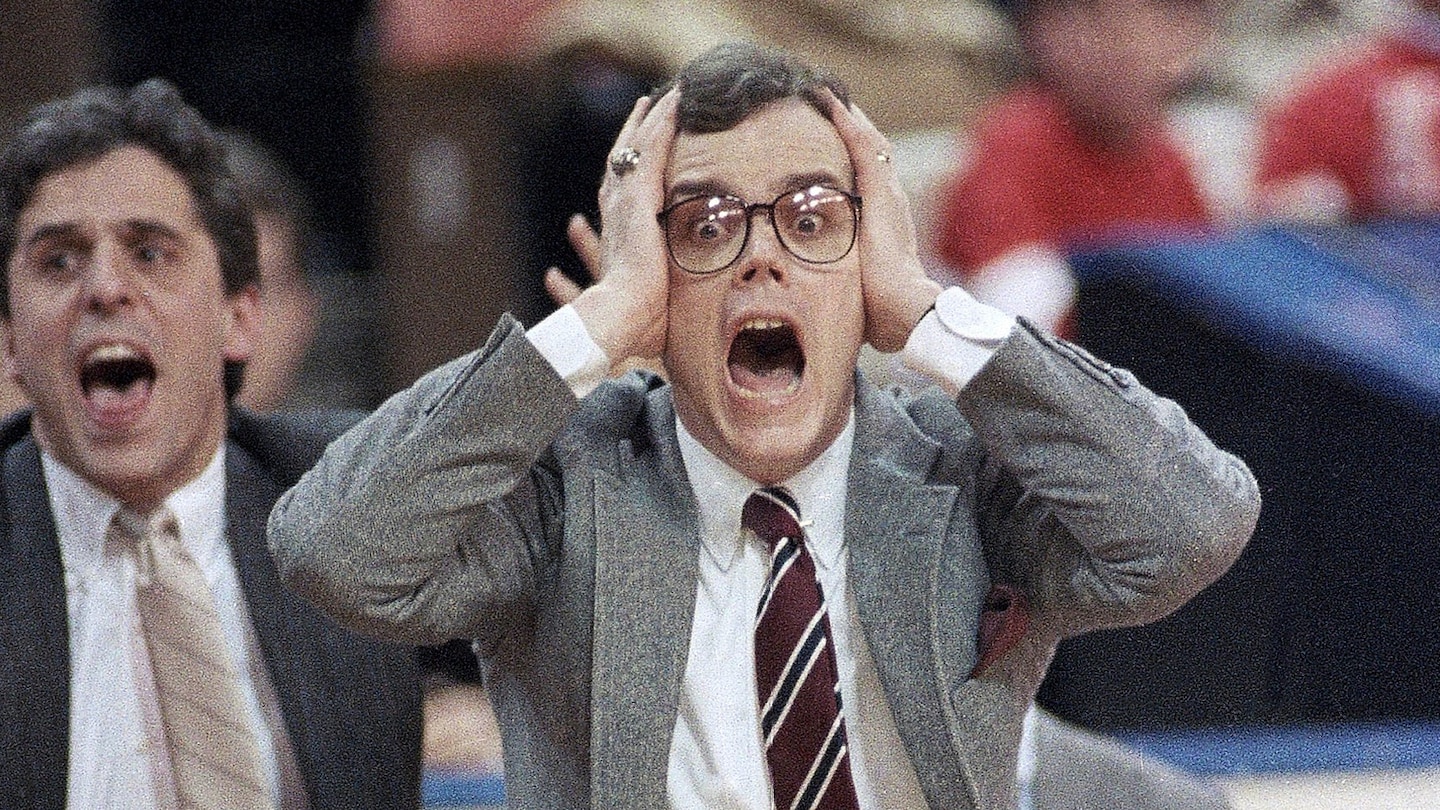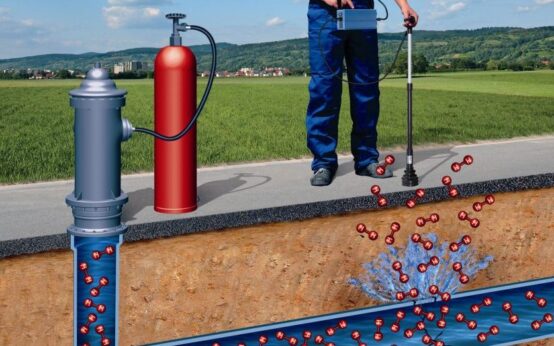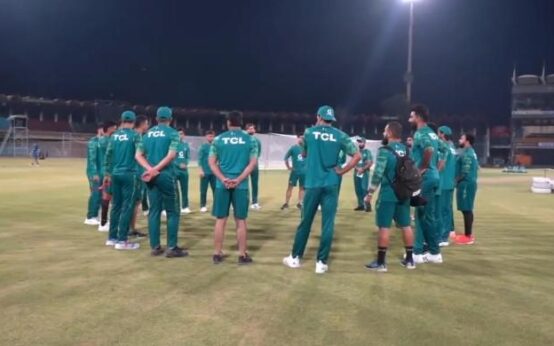I heard dozens of stories, but no one was willing to go on the record. Off the record, absolutely, but not one would be quoted by name.
Finally, my friend Joey Meyer, who was the coach at DePaul and had never hidden behind an anonymous quote, explained it to me: “There are two kinds of coaches right now: those who have Nike contracts and those who want Nike contracts.”
Bingo. In one sentence, he explained the problem — and he did it on the record.
Joey Meyer died Friday at 74 after dealing with serious health issues — cancer among them — in recent years. We became friends during DePaul’s run to the 1979 Final Four, when Joey was the top assistant to his father, Ray. Joey was one of my best — as in most honest and smartest — sources before he succeeded his father in 1984, and he remained a friend long after he left DePaul in 1997.
Joey was a very good player for his father at DePaul, averaging 16.4 points and graduating as the school’s fourth-leading scorer with 1,233 points. He went to work for his dad in 1974 and, according to the elder Meyer, was the driving force behind DePaul’s turnaround that led to that Final Four appearance.
DePaul had last been in the Final Four in 1943 — when it was an eight-team tournament. Thirty-six years later, the Blue Demons beat UCLA in a region final before losing, 76-74, to Larry Bird’s Indiana State in a national semifinal.
“We made a couple shots we normally make, and Bird-Magic never happens,” Joey liked to say, referring to the Indiana State-Michigan State championship game that is still the highest-rated game in college basketball history. “Probably my fault. I was the shooting coach.”
That comment was typical Joey: self-deprecating, funny and likely accurate.
“The reason [Ray] Meyer is in the Hall of Fame is Joey,” said Jim Molinari, an assistant coach with Meyer at DePaul and a successful head coach (with 302 wins) afterward. “He turned the program around. Before he got there, DePaul was just kind of wandering around.”
When Joey arrived, the Blue Demons had not been to the NCAA tournament since 1965. They reached the tournament in seven of Ray Meyer’s final nine seasons and had a four-year stretch, starting with the Final Four team, in which they went 105-12. But they were upset in the second round of the tournament each of the last three years of that run.
The most famous of those losses came in 1981, when St. Joseph’s upset the top-seeded Blue Demons, 49-48, in Dayton, Ohio. I was in the DePaul locker room when Mark Aguirre, still in uniform and sweats, stormed out, headphones on, waving people away. Several of us turned to follow.
Joey put a hand on my shoulder. “I know it’s your job to go after him,” he said. “But be careful. I have no idea what he’s going to do.” What Aguirre did was walk across a bridge that connected the arena to the hotel where DePaul was staying. Halfway across the bridge he stopped, pulled off his headphones and said: “The game is the game. We lost the game. That’s all I have to say.”
He put his headphones back on and kept going. When I reported what he said to Joey, he smiled and said, “You did better than I thought you would.”
Joey succeeded his father after the 1984 season and went to the NCAA tournament in seven of his first eight seasons. In 1986, DePaul reached the Sweet 16 as a No. 12 seed and returned the next season. But the bottom dropped out in the 1990s. Joining a conference before the 1991 season did not help DePaul, and Joey was fired in 1997 after back-to-back losing seasons.
He was only 48 at the time and, even though he was hurt by being fired by the school he had given so much to, he kept coaching, winning two NBA D League titles in Asheville, N.C. He never got an NBA shot and never wanted to coach at any college other than DePaul.
In 2012, he decided he had had enough of life on the road — he had always kept Chicago as his home base — and became a scout for the Los Angeles Clippers, mostly looking at players in and around Chicago. He also became the radio analyst for Northwestern.
In 1980, when DePaul was ranked No. 1 in the country, I made a trip to Chicago to write about the Blue Demons and Ray Meyer’s late-career success — he was 67 at the time. In those days, DePaul still played in 5,000-seat Alumni Hall, which was small enough that one of the handball courts was right next to Meyer’s office. The sounds rattled away as he talked.
“You get used to it,” Meyer said, laughing.
He went on: “The reason we got good again was Joey. He came in here and said: ‘Dad, I’m not going to let you retire after a bunch of mediocre seasons. We have too much tradition here for that to happen.’ And then he went out and got the players we had to have. I’m still coaching now because Joey made it fun again.”
He leaned forward and pointed a finger at me. “And don’t let Joey tell you different.”
Naturally, Joey did try to tell me different. “Coach,” as he always called his father, was the heart and soul of the program; he just chipped in when needed.
I got to see the program up close for years because Joey trusted me and convinced Ray to trust me. My first exposure to a college basketball program up close — practices, pregame meals, the locker room — was at DePaul.
Joey was constantly battling his body the last few years. Low-key as always, he never complained. “You deal with the hand that’s dealt you,” he would say when talking about his many surgeries.
Joey will never be voted into the Basketball Hall of Fame, but all those who loved Ray Meyer will tell you Joey is the reason Ray made it there.
That’s exactly how Joey would have wanted it.


 Best Underground Water Leak Detection Equipment 2024
Best Underground Water Leak Detection Equipment 2024  Best Backyard Ideas: Turn Your Outdoor Area Into a Creative and Calm Haven
Best Backyard Ideas: Turn Your Outdoor Area Into a Creative and Calm Haven  Babar, Rizwan are good players but not whole team, says Mohammad Hafeez
Babar, Rizwan are good players but not whole team, says Mohammad Hafeez  Pak vs NZ: Green Shirts aim to bounce back against Kiwis today
Pak vs NZ: Green Shirts aim to bounce back against Kiwis today